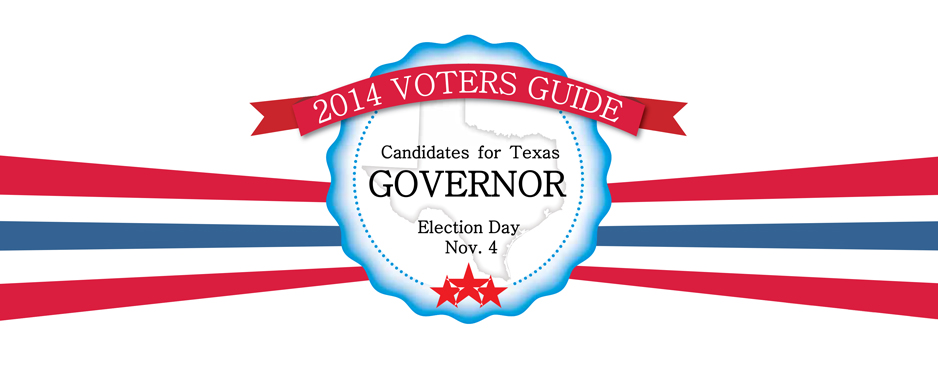By Brandy Voirin/reporter
An English assistant professor told students Oct. 21 that ethics aren’t always clear-cut.
“It’s all about morals,” Shewanda Riley said. “Some wouldn’t have a problem killing one person to spare a million people. But others would say it’s not morally right.”
Riley conducted a Leadership Academy ethical leadership presentation on NE Campus.
“We didn’t want students to come and sit for an hour through a lecture,” she said. “We wanted this class to be engaging, exciting and surprising.”
From the debate-style, open-floor discussion, students expressed their opinions on ethical medical standards. Riley started with the ethical leadership decisions presented in the news over the withholding of medicine in the death of the first U.S.
Ebola patient and compared it to the withholding of medicine to patients in the Tuskegee syphilis experiment in 1932.
“Was it ethical to give the Ebola patient the treatment when he was so far gone?” she asked.
Most students agreed that medical treatment arrived too late. Students then watched a video clip of a doctor and nurse involved in the Tuskegee experiment. Students saw the doctor initially rally to help the syphilis patients but being persuaded by a medical slippery slope, being stalled and then unable to help.
“Back in the day, we could bank on what the federal government said, but not anymore,” Riley said.
A student at a nearby table whispered, “Where was their ethical integrity?”
Riley answered, “Although many leaders make choices for different reasons, we all must live with our decisions and who they affect.”
Riley quickly pointed out how the doctor in the Tuskegee experiment violated his own sense of ethics for what he believed was the greater good, or the greater greed.
Disclosure is part of ethics, but there are many ethical leadership shortfalls.
“There are five ethical approaches to leadership: the common good, fairness of justice, rights, utilitarian and virtue,” she said. “But choosing the right approach comes down to your morals.
“Patients were given syphilis as part of the Tuskegee experiment, so who knows what America will discover 50 years from now from the Ebola event. However, I’m sure someone thought they were doing that same study for the greater good, but whose greater good was really at stake?”
Riley asked students to look deep down inside at what they value and the standards they hold near to their hearts.
“As a leader, we are in a position to help someone, but our own selfish nature won’t allow us because we care more about our own greater good,” she said.
Most of the class agreed that withholding medication in both incidents fell short of ethical leadership’s medical standards.
“Ethics involves not only integrity but moral character, and I think it was evident that the doctors’ moral character was challenged in both incidents,” said student Cornelius Hudson. “Reacting too late in a crisis is still a fatal flaw.”
Riley said the Tuskegee experiment was one of the longest in history with a year turning into four decades.
“True integrity means you are the same person with everyone at the same time,” she said.
Riley insisted students must ask themselves one simple question first, “Who will I become if I do this? Who will I become?”


























